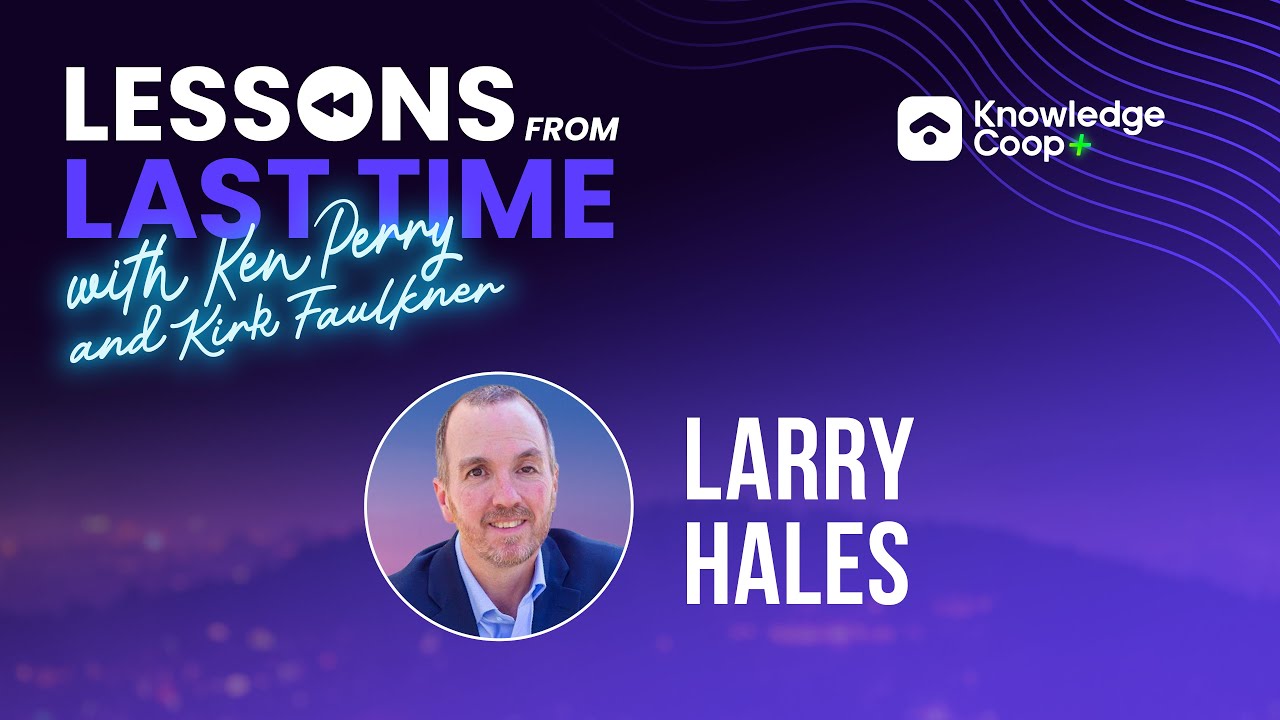Boosting Mobile Engagement: A Guide for Real Estate Success
Welcome, Realtors! In our last episode, we discussed how realtors can use Google Business Profiles to enhance their business. In this episode, we’ll discuss how Realtors can engage their customers on their mobile device. In our increasingly connected world, mobile devices are more important than ever, playing a pivotal role in the way we communicate and conduct business. For those of us in real estate, mastering the art of engaging mobile users is absolutely crucial. So, let’s embark on this journey together!
Embracing Mobile Strategy
With more than half of internet traffic originating from mobile devices, understanding and implementing a mobile strategy is no longer optional—it’s a necessity. Your potential real estate clients are actively using their mobile devices to search for properties, compare prices, and reach out to agents.
By developing a robust mobile strategy, you ensure that you’re available wherever and whenever your clients need you, delivering a seamless, user-friendly experience across all platforms. This strategy should extend beyond making your website mobile-responsive—it should involve creating mobile-friendly content, taking advantage of mobile-specific features, and harnessing mobile advertising. This way, you can stay connected with your clients, maximizing your chances for customer conversions.
Understanding Mobile User Behavior
To effectively engage with your mobile users, you must understand their distinctive behaviors and preferences. Mobile users typically seek rapid, clear information on-the-go. They might be exploring properties during a break or comparing real estate prices while having lunch.
By recognizing these patterns, you can tailor your content to be more clear, succinct, and easy to navigate on smaller screens. Here are a few key aspects of mobile user behavior to keep in mind:
- Brevity: Mobile users often seek bite-sized information that they can quickly digest. Make sure your content is concise and straightforward.
- User-Friendly Design: Given the smaller screen size, a simple, easy-to-navigate design is essential. Prioritize functionality and user experience. Your website needs to have a responsive design so that it accommodates both the desktop and mobile users. See our episode, 6 Key Elements for Building a Professional Real Estate Agent Website.
- Instant Gratification: Mobile users want immediate solutions. Make your contact information readily accessible, and use features like click-to-call or location-based services to facilitate swift engagement.
- Multimedia Usage: Mobile users often consume more video and visual content. Include such content in your mobile strategy. See our episode, Real Estate Video Marketing 101.
- Local Searches: Many mobile searches are done with local intent, such as “real estate agents near me”. Optimize for local SEO to capture this audience. See our episode, Real Estate Local Search Engine Optimization (SEO) 101.
By understanding these behavioral tendencies, you can enhance your mobile strategy and more effectively engage with your mobile audience.
Utilizing Mobile Advertising and Apps
In today’s mobile-centric marketing landscape, advertising and applications play a significant role. They help expand your reach and bring your services directly to your clients.
Mobile ads can be displayed across platforms such as Google, Facebook, and Instagram, and they have the added advantage of being location-targeted. This means you can reach potential clients in your specific area, maximizing your chances of gaining the right leads.
Alongside mobile ads, real estate apps such as Zillow, Realtor, and Trulia offer a dedicated platform for showcasing your properties and interacting with clients. These apps have become an integral part of the real estate landscape and are essential tools for expanding your reach. See the episode, Elevate Your Real Estate Business with Social Media Ads.
Become Proficient at Text Marketing
What’s the best way to get your attention of your client’s attention? Send them a text. As such, real estate agents need to become proficient at text or SMS marketing. This can be used for:
- Instant Property Alerts: A prompt text about a new listing can make a real difference. It not only keeps clients in the loop but showcases your proactive nature.
- Appointment Reminders: A well-timed reminder can significantly decrease no-shows, ensuring your appointments go off without a hitch.
- Follow-ups: A short message after an interaction can foster trust and solidify client relationships.
To dive deeper into Text Marketing, see our episode, Real Estate Text Marketing 101.
Adapting Email Design for Mobile Users
As more and more users shift to mobile devices, it’s important to adapt your strategy accordingly. This includes your email marketing. Responsive email design ensures your newsletters, updates, and promotional emails look great and function seamlessly, whether they’re viewed on a desktop or a mobile screen. Platforms such as Mailchimp, Campaign Monitor, and Constant Contact can help you create responsive email designs with customizable templates and intuitive design tools. To dive deeper, see our episode, Real Estate Email Marketing 101.
In our upcoming posts, we’ll delve deeper into practical strategies to optimize your mobile marketing efforts. Remember, in this digital age, adaptability is key! In our next series of episodes, we’ll cover how to use social media marketing to enhance your real estate business. For more information on digital marketing, see the episode Real Estate Digital Marketing 101.
About the Author

Larry Hales is a seasoned and multi-faceted technology professional. His passion all-things tech began with his first computer in 1984 and it has stayed with him ever since. Larry is the CEO and Co-Founder of MarketingHero. Previously, he served as the Marketing Technology Director at West, Williston Financial Group Company, where he coaches and guides Real Estate Agents on how to better leverage technology in their business. His 25 years of photography, design and printing, combined with his knowledge of digital advertising and brand building, gives him a unique perspective of marketing from different angles. When he isn’t busy being a proud computer geek, Larry enjoys trail running, hiking, mountaineering, rock and ice climbing, and anything else that gets him outside.






